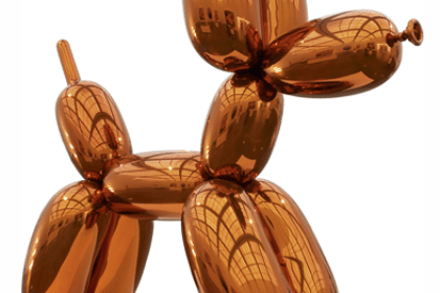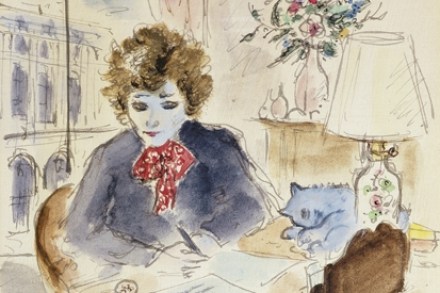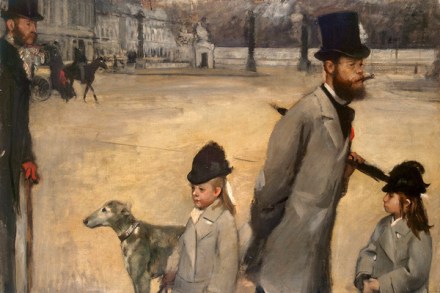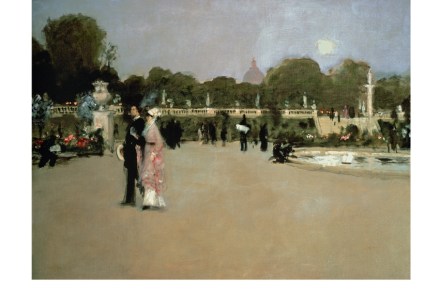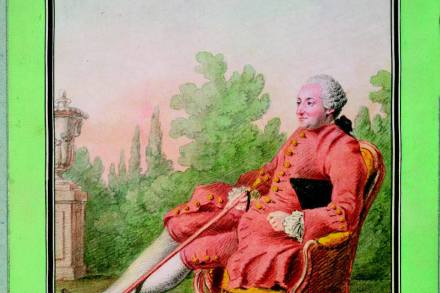Braque in full flight
Towards the end of his life, Georges Braque described his vision in the following terms: ‘No object can be tied down to any one sort of reality; a stone may be part of a wall, a piece of sculpture, a lethal weapon, a pebble on a beach… Everything is subject to metamorphoses.’ Since then, set ideas of Braque’s oeuvre have crusted over like dry impasto: Braque the cubist, Braque the inventor of the papier-collé, Braque whose blue birds soar on the ceiling of the Louvre. The Grand Palais now hosts the first retrospective of the artist’s work to be held in Paris for 40 years, setting those metamorphoses back in




